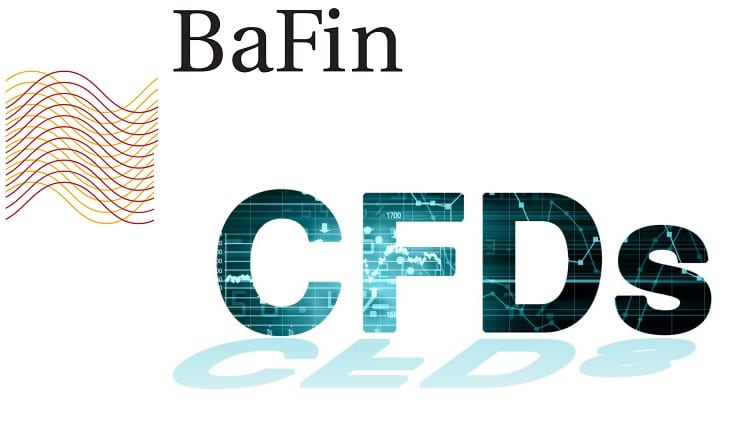Germany financial regulator BaFin has issued its final set of new rules to govern leveraged Forex and CFD trading, following proposals issued by BaFin back in December.
And, much to the chagrin of both Forex and CFD traders in the country, as well as the brokers who serve the German market, BaFin stayed the course with its proposals, which are much milder than those issued recently by other European regulators such as the FCA (UK), CySEC (Cyprus), and AMF (France).
BaFin confirmed that the potential losses that can be incurred by clients cannot exceed the amount each client has deposited with his or her broker – in industry parlance, negative balance protection. While holding a highly leveraged position, a price spike in the wrong direction can cause a large paper loss for a trader. However in order to offer leveraged Forex and CFD products to German retail traders, brokers must have negative balance protection built into their account agreements, limiting the loss to money already deposited.
A number of leading online brokers serving the German market – mainly large UK-based firms such as IG Group Holdings plc (LON:IGG), CMC Markets Plc, London Capital Group Holdings plc (LON:LCG), and Plus500 Ltd (LON:PLUS) – had been quietly concerned that BaFin might bend to “peer pressure” and alter its plan to match those put in place in the UK and Cyprus (50x leverage limits and a ban on bonuses) or France (ban on advertising binary options, Forex, and all but ‘protected CFDs’). Or perhaps even Belgium, which has banned leveraged trading products altogether.
However BaFin stuck to its guns, and the new rules essentially follow the December proposals mentioned above.
The new BaFin rules go into effect in three months, in early August. However we understand that most of the brokers serving Germany have already adjusted their offerings, and are including negative balance protection. In fact, negative balance protection, even without regulator intervention, is becoming something of an industry standard.
BaFin’s news release on the matter can be seen here, in English and in German.
